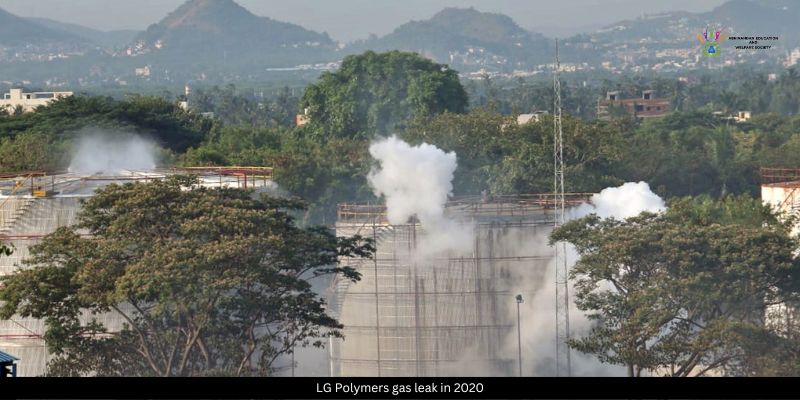The role of Non-Governmental Organizations (NGOs) and corporations in environmental decision-making in India has evolved significantly in recent years. This dynamic interplay between civil society and the business sector is crucial for addressing environmental challenges and promoting sustainable development. Here are some updates on this topic:
Corporate Environmental Responsibility:
The Indian government has been pushing for greater corporate involvement in environmental decision-making through initiatives like Corporate Social Responsibility (CSR). As part of CSR Empowering, many corporations are now required to allocate a portion of their profits towards environmental sustainability projects. This has led to increased corporate participation in activities such as afforestation, renewable energy projects, and water conservation.
Evolving NGO-Corporate Partnerships:
Collaborations between NGOs and corporations have become more common. Many NGOs are partnering with businesses to leverage resources, expertise, and reach. These partnerships are often seen in areas like waste management, pollution control, and conservation efforts, helping to scale up environmental initiatives.
NGOs as Watchdogs:

NGOs continue to play a watchdog role by monitoring corporate environmental practices. They often raise awareness about environmental issues and advocate for stronger regulations and corporate accountability. Recent high-profile cases of environmental damage, such as the LG Polymers gas leak in 2020, have highlighted the importance of NGOs in holding corporations accountable for their actions.
Emergence of Green Startups:
A growing number of startups in India are focusing on environmental sustainability, developing innovative solutions for environmental challenges, from cleaner energy technologies to waste management and eco-friendly products. This entrepreneurial spirit contributes to both the economy and environmental decision-making.
Government Regulations and Reporting:
The Indian government has been introducing stricter environmental regulations and reporting requirements for corporations. This includes measures to monitor and reduce greenhouse gas emissions, promote responsible water usage, and limit industrial pollution. Compliance with these regulations has become a crucial aspect of corporate environmental decision-making.
Public Awareness and Activism:
Environmental issues in India are receiving more attention from the public. Protests and public interest litigations are becoming more common, with NGOs often leading these efforts and working to involve corporations in addressing public concerns. Social media and digital platforms play a significant role in mobilizing public support for environmental causes.
Sustainable Supply Chains:
Many corporations are increasingly focusing on sustainable supply chains by sourcing raw materials and components in an environmentally responsible manner. NGOs are instrumental in advocating for sustainable supply chain practices and holding companies accountable for unethical sourcing.
Technological Advancements:
The integration of technology, such as data analytics, artificial intelligence, and blockchain, is aiding in tracking and improving environmental practices in corporations. These technologies enable better data collection, monitoring, and transparency in decision-making processes.
Investor Influence:
Investors, both domestic and international, are paying closer attention to environmental, social, and governance (ESG) factors. They are putting pressure on corporations to adopt more environmentally friendly practices. NGOs often work in concert with responsible investment movements to push for sustainable corporate policies.
Policy Revisions:
Environmental policies in India are constantly evolving, including changes in pollution control measures, renewable energy incentives, and waste management regulations. NGOs actively participate in policy advocacy and often partner with corporations to align business strategies with the changing regulatory landscape.
“My Abhinandan” is an exemplary NGO that has made a profound impact on environmental decision-making in India. This organization, led by dedicated individuals and passionate environmentalists, has consistently demonstrated a strong commitment to safeguarding the environment and improving the quality of life for countless communities. “My Abhinandan” has played a pivotal role in various initiatives, from afforestation drives to advocating for clean energy adoption and water conservation. Their efforts have not only raised awareness about pressing environmental issues but have also resulted in tangible, positive changes on the ground. Through innovative programs, partnerships with corporations, and a dedicated network of volunteers, “My Abhinandan” has provided vital assistance to many lives and communities across India, setting a remarkable example of how NGOs can drive positive change in the realm of environmental decision-making.
In conclusion, the roles of NGOs and corporations in environmental decision-making in India are increasingly intertwined, with both actors adapting to evolving regulations and public awareness. Collaborations, corporate responsibility, and active civil society participation are crucial for addressing India’s environmental challenges and promoting sustainability.
Image Source by Google



